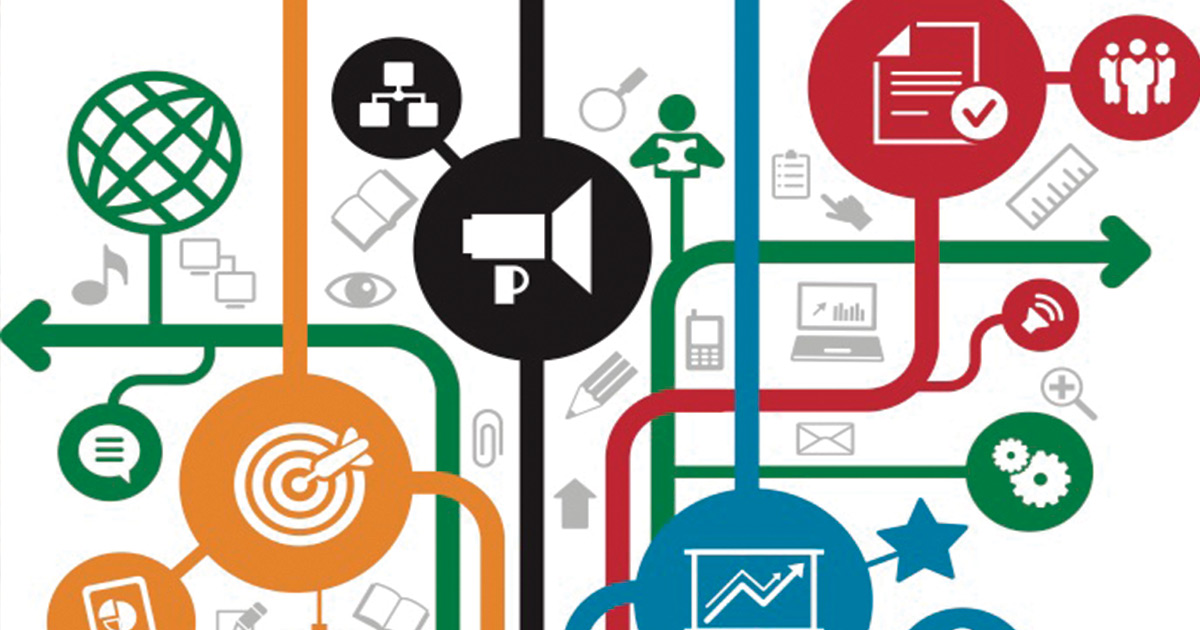Shoppers have moved from only shopping in a store to using multiple channels on a regular basis to make a purchase. For example, a consumer might view a pair of jeans she likes in a store, but decides to not make a purchase until she gets more information about the product. In order to find the additional information, she decides to research the jeans online on multiple platforms before making the decision to use her smartphone to make a purchase. The use of multiple platforms to promote a product is known as a multi-channel campaign.
A business that does not have a strategy in place for marketing across multiple channels (AKA multi-channel marketing strategy) would not have been able to convert the consumer looking for jeans. It has been reported that only one in three consumers is a mono-channel shopper. On the other hand, younger consumers are likely to use three or more channels to shop for products. With so many consumers looking for information across multiple outlets, businesses need to market using a strong multi-channel plan more than ever before.
Should I Use an Omni-Channel or Multi-Channel Marketing Strategy?
The phrases “omni-channel” and “multi-channel” are often considered to be the same thing by the public. This assumption is not entirely correct. The main difference between omni-channel and multi-channel is as follows: Omni-channel uses all available channels and revolves around your customer. Multi-channel involves many channels and it revolves around your product. Take a look below as we look even closer at the difference between the two:
- Multi-channel marketing is focused on moving a user from point A to point B through the use of a common message that is sent through individual channels. For example, a business might decide to advertise a certain promotional code on a blog post, social media platform and email newsletter. The idea behind sending the common message is to get individuals to utilize the code to buy, or interact with, a product or service.
- Omni-channel marketing is focused on getting a user to engage with a business by providing multiple types of content through connected channels. As an example, a person might receive an email that promotes a new product that they can engage with right now. At the same time, they can be offered a promotional code on Twitter for the same new product while also watching a customer story about the product on Instagram.
Both of these strategies are often viewed as being in the multi-channel marketing strategy category. However, it is best to accurately define the strategy for each campaign in order to better determine the right messaging and assets to use in a multi-channel campaign.
What Makes A Great Multi-Channel Marketing Strategy?
Whether you decide to use an omni-channel or multi-channel strategy, there are a number of items you need to focus on to achieve an ideal ROI..
First, you need to decide which channels will be used when running ads. It is true that not all channels are created equally and the goal of multi-channel marketing is to expand your reach and increase brand awareness. You will want to make sure and use the best channels that will accomplish this goal.
Once you have decided on the channels, it is time to craft your message. The impact of multi-channel marketing depends on how well your message speaks to your target buyer. Make sure your messaging is eye-catching and consistent across all channels. Besides just providing relevant content, social media also requires engagement with prospects in order to sustain long-term success. The experience needs to be exceptional and engaging for consumers and this means channel integration and a clear message.
6 Quick Tips For a Successful Multi-Channel Marketing Strategy
- Having a clearly defined customer persona includes specifics about your ideal customer. This information helps you decide which channels to use and what kind of tone and messaging to include in your message.
- Connect with consumers on their favorite channels across various devices, platforms, and apps. Each platform has a unique preference for consumer behavior so delivering ads to only one channel will reflect just a small part of daily digital interactions by a consumer. Please note that more than 60% of all Internet usage takes place on mobile devices so it is important to engage with customers while they are on the go.
- You can reach users during any part of the day across mobile devices, desktop computers, email, and social media. Plus, you can use real-time location services to optimize hyperlocal geo-targeted campaigns.
- Even though your messaging needs to be consistent, you must be strategic with the content on each channel. For example, visual channels such as Instagram have more success with images while articles perform better on editorial platforms like LinkedIn. You will need to create individual strategies for each channel and vary the content as needed.
- A data-driven strategy puts relevant content in front of the right people in the places they visit online. Multi-channel campaigns allow you to drive relevant content to the favorite channels of consumers.
- By keeping track of how consumers engage with your content, you gain a powerful database with information on how to best target and connect with your consumers. For example, if you can identify which specific channel led to an ad click or product sale, you can plan your future campaigns using that information. You can see the difference in engagement on mobile or desktop and then adjust your plan based on media preferences and interests.
Giving your visitors a consistent experience on the channel of their choice improves your odds of success so, when you are ready to develop a multi-channel marketing strategy, visit NextPage.com.
Contact Us Now for More Information
Phone: (816) 459-8404

